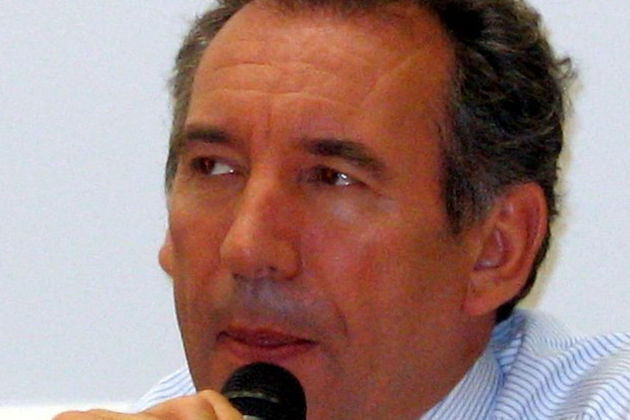Move FM Global News

Macron hunts for fourth prime minister in year amid political turmoil
Sep 11, 2025PARIS, France: France has been thrust into fresh political turmoil after lawmakers voted to bring down Prime Minister François Bayrou’s minority government, dealing another blow to President Emmanuel Macron’s already fragile grip on power.
The National Assembly overwhelmingly rejected Bayrou in a confidence motion, with 364 deputies voting against him and only 194 in support. The defeat forces Bayrou, a centrist appointed last December, to tender his resignation after less than nine months in office, making him the third prime minister to fall within a year.
The collapse was triggered by Bayrou’s decision to seek parliamentary backing for his austerity-driven budget plans. He argued that France, burdened with ballooning debt, had no choice but to slash public spending. Instead, the confidence vote became an opening for opposition forces across the spectrum—both left and far right—to unite against the 74-year-old veteran politician. Bayrou admitted before the Assembly that his gamble carried risks, but insisted that ignoring France’s spiraling debt would have been a greater danger. “Submission to debt is like submission through military force,” he warned.
The political drama deepens the uncertainty already dogging Europe’s second-largest economy. Macron must now identify yet another candidate capable of navigating a fractured parliament where no bloc commands a majority.
Since dissolving the National Assembly in June 2024, a high-stakes gamble that backfired, the president has faced relentless instability. The election he called produced a splintered legislature, leaving his centrist alliance weakened and forcing successive minority governments to survive at the mercy of hostile coalitions. First, Gabriel Attal fell in September 2024, then Michel Barnier in December, and now Bayrou.
Macron’s office confirmed he will accept Bayrou’s resignation and name a new prime minister “in the coming days.” As president, Macron retains sweeping authority over foreign policy, defense, and European affairs, yet his domestic agenda is in tatters. France’s public debt—standing at 3.35 trillion euros, or 114 percent of GDP by early 2025—remains a ticking time bomb. Debt servicing alone consumes around seven percent of state spending, making budget reform an unavoidable flashpoint.
Opposition leaders, meanwhile, are eager to capitalize on the crisis. Far-right figure Marine Le Pen demanded another dissolution of parliament, convinced her National Rally could emerge as the most significant force in fresh elections. “A big country like France cannot live with a paper government,” she declared, urging Macron to hand voters a new say. Left-wing parties, too, have called for greater accountability from the president and hinted at pushing for his resignation.
For Macron, the stakes are enormous. His repeated efforts to stabilize domestic politics have collapsed into revolving-door governments, leaving France rudderless amid mounting international tensions and economic strain.
With parliament paralyzed and no consensus leader in sight, the president faces perhaps the gravest challenge of his tenure—how to govern a country where his authority is eroding and his opponents are circling.


